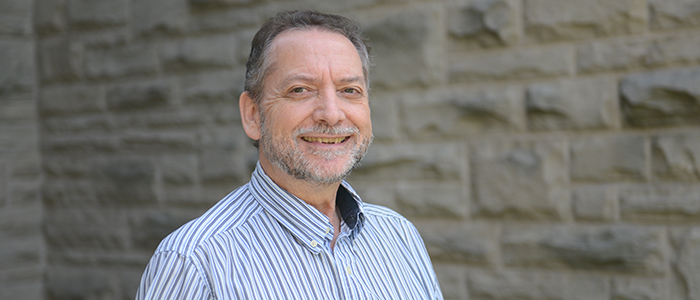Tackling work-life balance in academia

Summer can prove to be a busy time of year for many of us here at Schulich Medicine & Dentistry. While some will be busy with family activities and taking time to travel, others will use these few months to focus on research experiments and writing as they are tasked with fewer distractions.
Remembering to incorporate or work towards creating a positive work-life balance is important, and something that should be prioritized. Though it may be difficult, it is vital that each of us periodically take some time for refreshment and rejuvenation. The summer certainly presents opportunities to partake in some rest and relaxation activities.
At the same time, there is the counterbalance of having the freedom to focus on research productivity, which will allow those who take the responsibility on themselves to finish their program and get on with their career. Graduate studies and postdoctoral work often involves a different set of stressors than those associated with a corporate or academic position, such as constantly looking for funding sources to support your work. Since this time spent as a graduate trainee or postdoctoral fellow is also not very financially rewarding, the longer anyone continues in their position, the longer it will take to have stability and additional internal satisfaction.
There has been a lot of literature focused on work-life balance in academia and medically related areas. All the evidence suggests that those of us in these professions have difficulty finding balance in our chosen work environments. However, if you were to enquire about our professions, most of us would say that we have a great job and would not change what we do. There are many rewards to academia, although it’s not for everyone.
Perhaps part of this paradigm is historic—in that we have watched our role models partake in similar behaviours and learned from them. Recent changes with funding and less funding rates may also present as a stressor. However, there are indicators of change and many of the trainees have shown that it is possible to have both a very productive program and still have an active personal life without compromising the need to complete their program in time.
It might be worth reading the book by Clayton M. Christensen titled, How will you measure your life? The book is an expansion of the speech he presented to a graduating class of Harvard Business students.
The choice is yours. The patterns you set now, indeed often do continue.
Have a great summer!
Doug Jones, PhD
Vice Dean, Basic Medical Sciences








